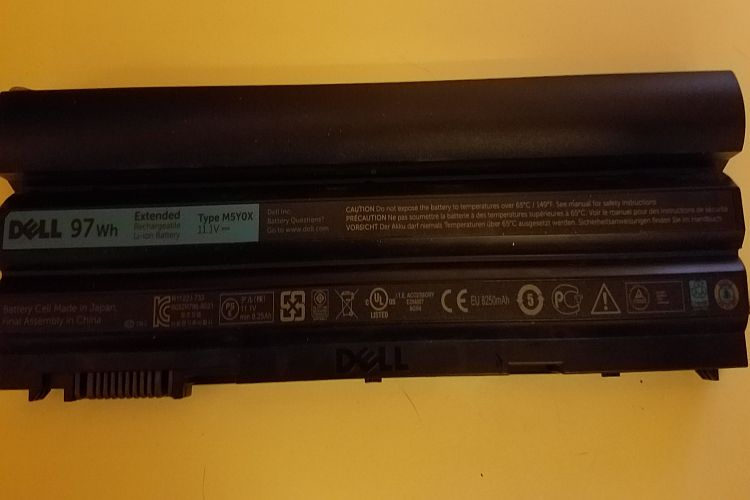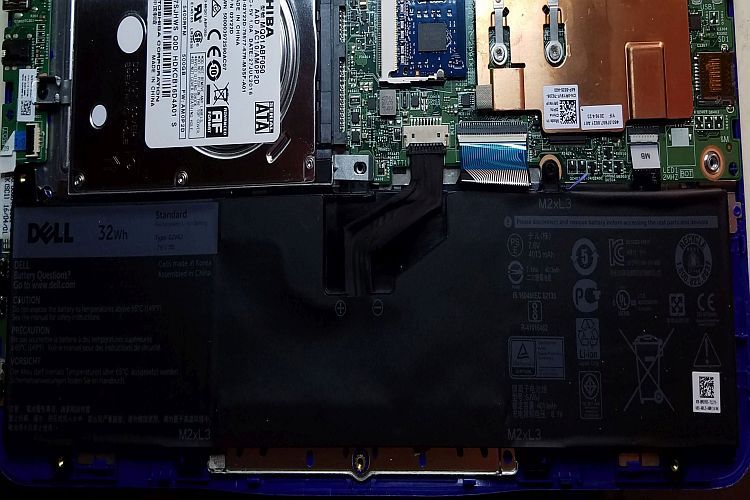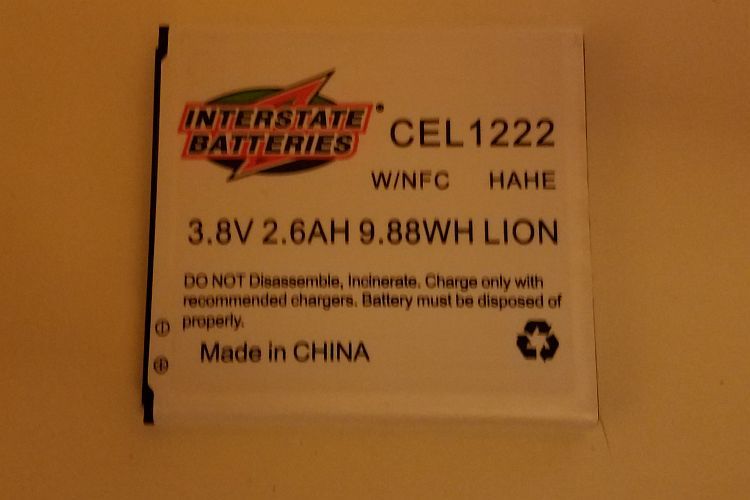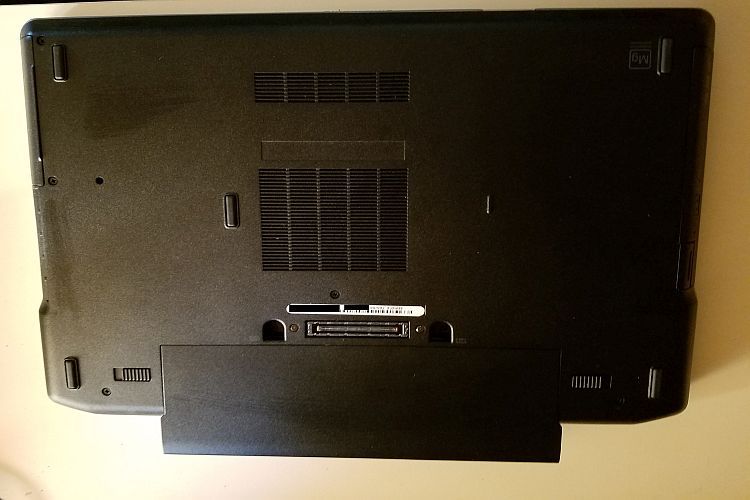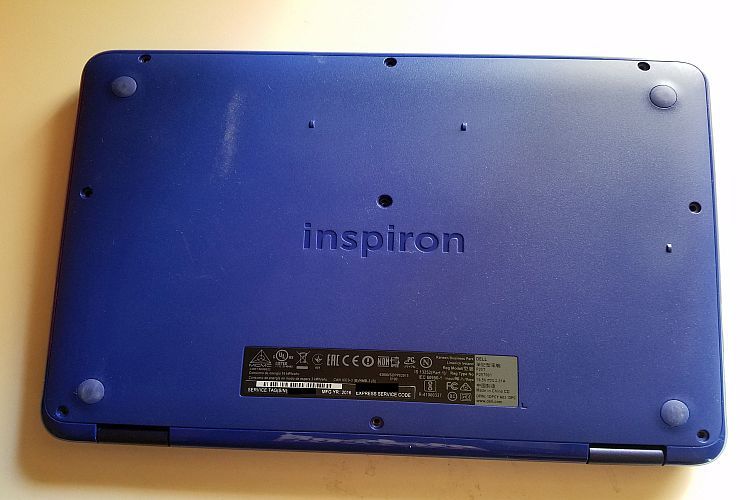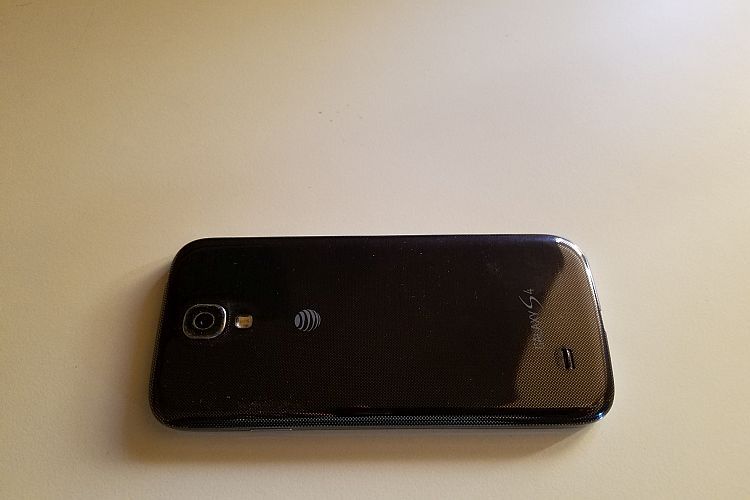Getting The Most From Your Laptop, Tablet, And Phone Battery
Those three batteries pictured in the slideshow above power three different types of equipment. Each type of equipment, the laptop, the tablet, and the phone consume and restore battery power somewhat differently BUT those three batteries have a distinct similarity: They are all modern Lithium Ion batteries. Charging Lithium Ion batteries is something nearly all of us do nearly every day so it makes sense to understand how they work and how to prolong their life. All types of batteries have evolved over the years and Lithium Ion batteries are no different. There was a time not long ago when it was advisable to fully drain and charge Lithium Ion batteries periodically however that is no longer the case. The technology has evolved and how we maintain and prolong the life of our batteries has as well. Let's take a closer look at how they work and getting the most from your laptop, tablet, and phone battery.
Today's Lithium Ion batteries survive longest when only partially discharged and charged on a regular basis. If you only use 10% of your battery's capacity on a regular basis it would probably last a very long time but that's not how most of us use our devices - especially our phones - plain and simple. Therefor it makes sense to adopt a smart plan for charging Lithium Ion batteries in all of our devices, especially the ones we use the most. Part of that plan would be to keep things cool because heat is the enemy of electronics, batteries and the charging operation. Just like keeping the laptop or tablet cool by not restricting the flow of cooling air, charging Lithium Ion batteries should be done in as cool an environment as possible. Another point to consider is the fact that a higher charging voltage, as when using fast charging and ultra-fast charging can be detrimental to the battery capacity and overall life.
Let's now develop an actual plan to best charge and maintain the capacity and overall life of the Lithium Ion batteries used in our laptops, tablets, and smartphones. You need to be even smarter than that battery or that device. Make the laptop battery smarter and live longer by using the laptop to manage it properly and seek balance within when you use it most and when you can relax the discharging of that battery. Make the tablet battery smarter also in the same way and don't forget that smartphone because it is (typically) used most often. Do NOT use fast charging or ultra-fast charging any more often than absolutely necessary. The idea is to first use the battery wisely and allow it's capacity to remain strong. That capacity refers to how long the battery will last when "fully charged", which is what diminishes faster when we don't have a good plan to take care of our batteries. Now here's the kicker - you and I almost certainly discharge our batteries more than 10 % before we charge them if our devices are mobile, which many laptops and tablets (and pretty much all phones) are, so the question is how much should they be discharged? The answer is NOT fully because that along with the full charge operation reduces that capacity the quickest. According to the Battery University, which conducts extensive testing and studies of batteries, the best timing to charge Lithium Ion batteries is when they are roughly in the 50% charged range. This will increase the number of charge cycles before the capacity dwindles to an ineffective state whereas discharging almost completely will kill the battery much faster. So here's the plan: Keep it cool, stay away from high voltage fast charging and ultra-fast charging, try to discharge and charge as close to 50% - 60% as opposed to 90% or total discharge/charge and maintain a plan to prolong the life of your Lithium Ion batteries. Learn much more about Lithium Ion batteries and how to maintain them from the Battery University at the link below.
Battery University by Cadex Electronics

